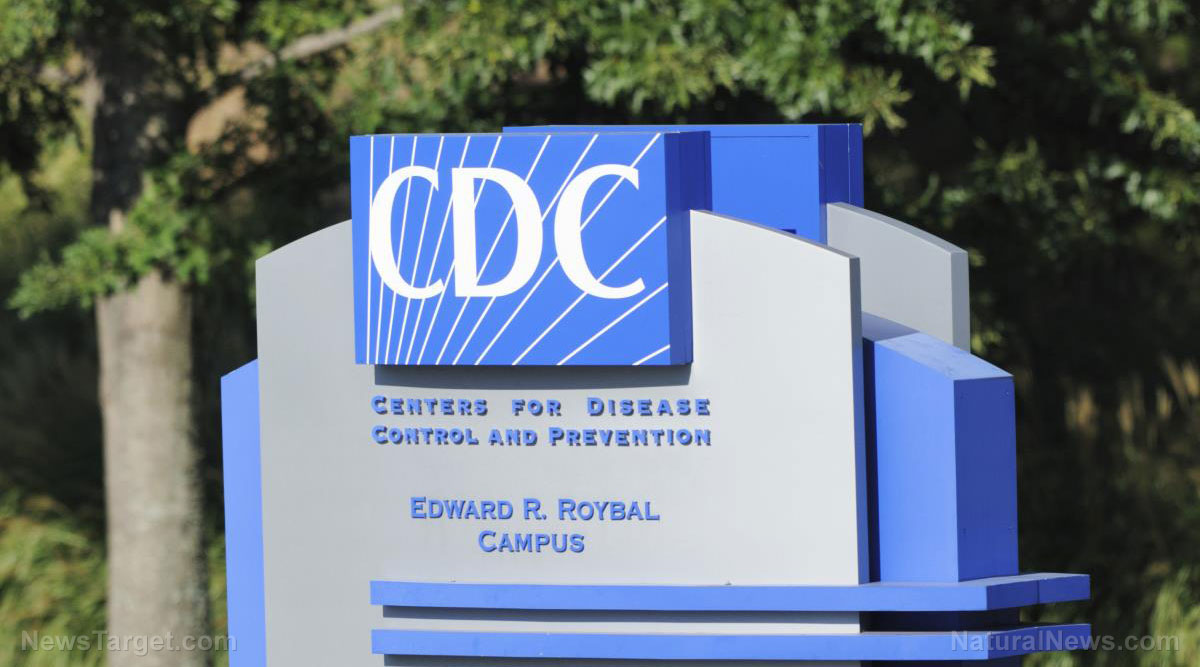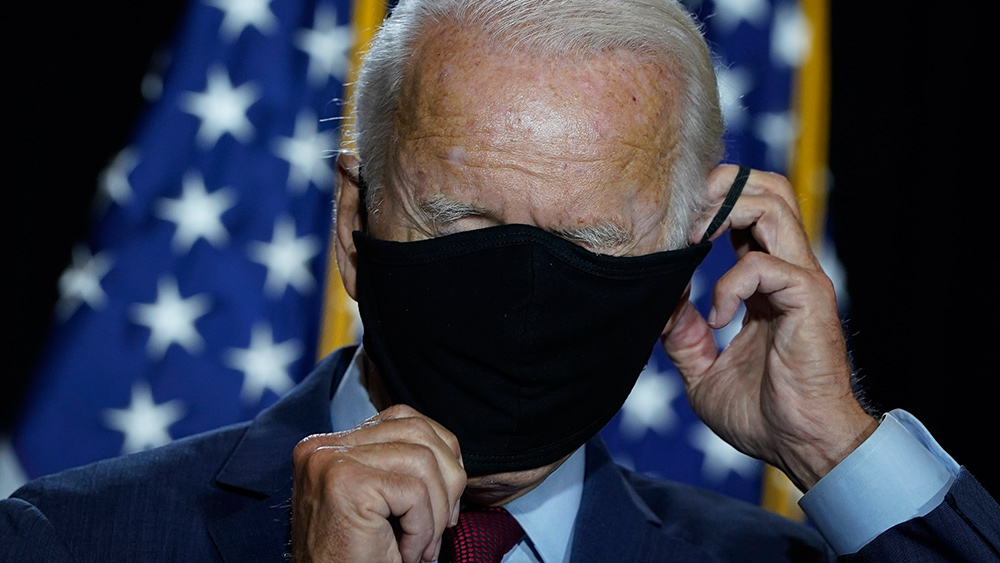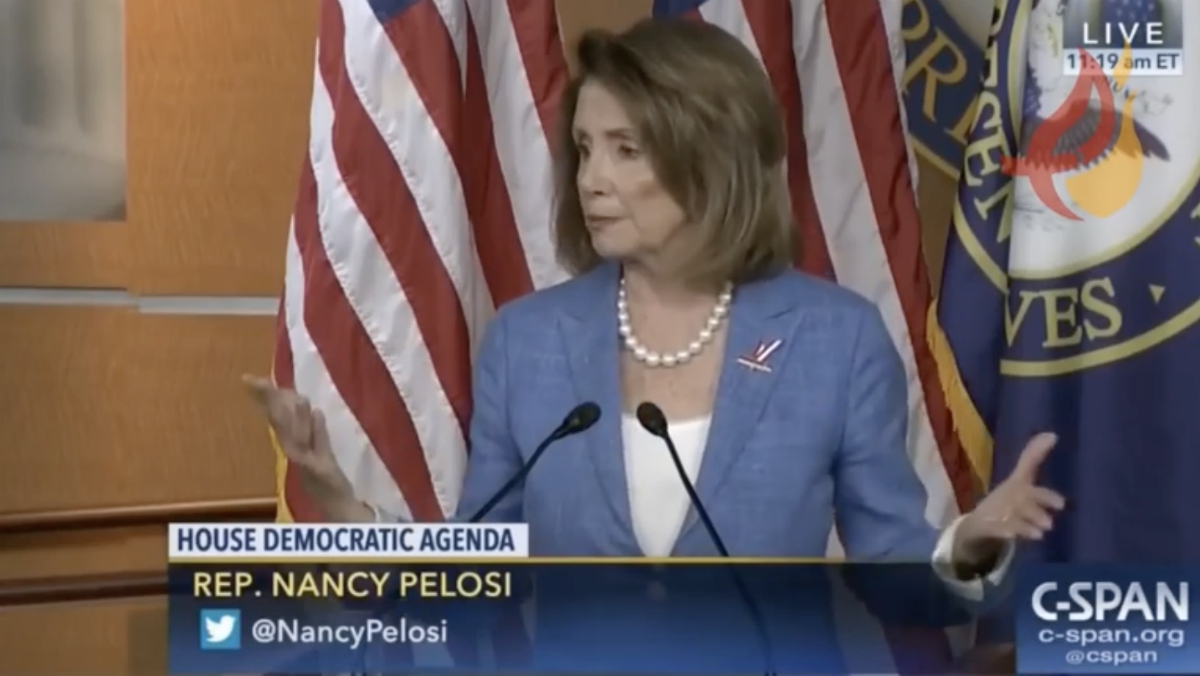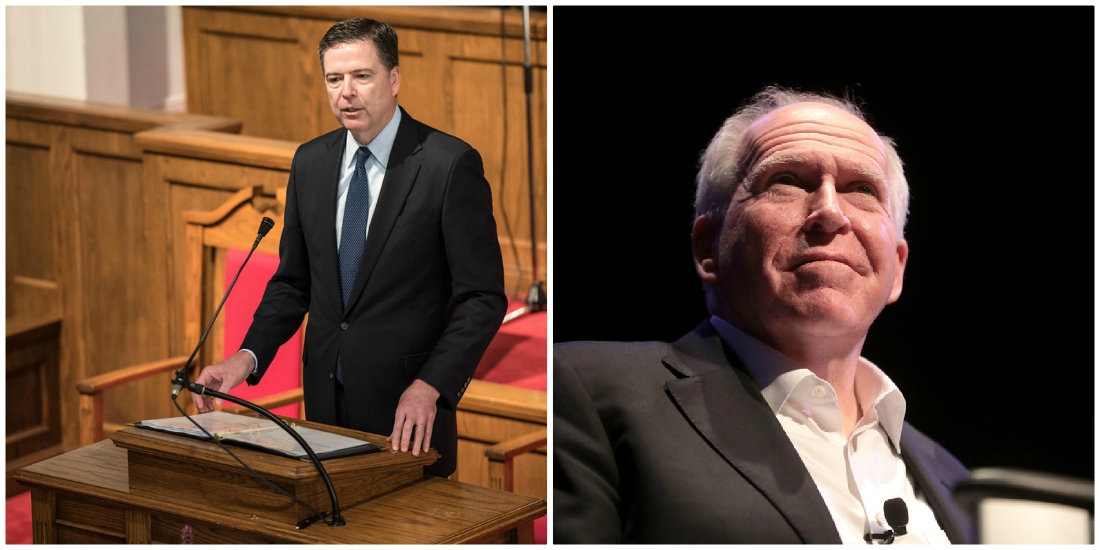Public health researcher slams hydroxychloroquine naysayers – “The evidence is overwhelming”
09/02/2020 / By Zoey Sky

As of August 31, there have been 849,383 global deaths due to coronavirus (COVID-19), with 183,579 deaths recorded in the U.S.
Yet while a public health researcher from Yale has said that hydroxychloroquine (HCQ), a drug used to treat malaria, can also be used to fight coronavirus, those against the use of HCQ do so without any scientific proof that the drug is ineffective.
How HCQ can potentially be used to fight coronavirus
Harvey A. Risch, professor of epidemiology at Yale School of Public Health, endorsed the proven benefits of hydroxychloroquine when used to address COVID-19. Risch added that those who are against the use of HCQ don’t have data to verify their claims.
Risch, who has written more than 300 peer-reviewed publications, currently has senior positions on the editorial boards of some leading journals. In a Newsweek article dated July 23, he detailed how several health experts have used HCQ to save patients and why others are politicizing the use of the treatment.
Risch noted that HCQ, an inexpensive oral medication, can be used to save patients suffering from coronavirus if it is administered immediately once a patient has been diagnosed with COVID-19. This ensures that HCQ can work “before the virus has had time to multiply beyond control.”
When used alongside azithromycin or doxycycline and zinc supplements, HCQ has been highly effective.
On May 27, Risch also published an article in the American Journal of Epidemiology (AJE) which examined five studies that proved the benefits of HCQ for treated patients, along with other large studies that showed the medication was safe for use.
But hydroxychloroquine has often been disregarded as a COVID-19 cure for three reasons. First, HCQ is highly politicized and viewed as a marker of political identity. However, this isn’t how medicine should proceed since medication must first be assessed using scientific data.
Next, the drug isn’t being used properly in many studies. While HCQ is often successful when used early in high-risk people, an antiviral used late in the disease course won’t be as effective. Risch added that large hospital studies in Michigan and New York City have used HCQ successfully when it was administered within the first 24 to 48 hours after admission.
Lastly, the Food and Drug Administration (FDA) reports that HCQ is linked to risks of cardiac arrhythmia, particularly when the drug is administered together with azithromycin. The FDA based these comments on the FDA Adverse Event Reporting System, which recorded about a thousand cases of arrhythmias linked to hydroxychloroquine use. But the number is possibly higher than the reported figure since the reporting system requires physicians or patients to initiate contact with the FDA and “appreciably undercounts drug side effects.”
However, the FDA didn’t say that these cases were generated from tens of millions of patient uses of hydroxychloroquine for long periods of time for the chronic treatment of lupus or rheumatoid arthritis. Even if the true rates of arrhythmia are higher than reported, the adverse effects would be negligible compared to the lives lost because of the pandemic, something an Oxford University study and Risch’s May 27 study have both proven.
In the Oxford study, researchers analyzed data from over 320,000 older patients taking both hydroxychloroquine and azithromycin. The patients who had arrhythmia excess death rates of less than nine out of 100,000 users.
Risch concluded that sociologists of medicine need to study “this misbegotten episode regarding hydroxychloroquine” to show that external factors are often focused on and prioritized over medical evidence, which does more harm than good for patients with COVID-19.
Hidden agendas and misinformation
According to Risch, those who speak up against the use of HCQ are involved in “a massive disinformation campaign that stretches from the government to the media, that’s either suppressing this message, or it’s countering it with a false message.” (Related: Hydroxychloroquine works in high-risk patients, and saying otherwise is dangerous.)
This is blatantly obvious in studies conducted by scientists who work for the government, especially since they cite studies on hospitalized patients or studies that treat low-risk patients. Since these volunteers are younger than 60 with no chronic conditions, they can recover from COVID-19 on their own, sometimes even without any treatment required.
Meanwhile, Risch and other like-minded researchers focus on the benefits of using HCQ on older patients and those with other underlying conditions who are at greater risk of getting infected with coronavirus and “having a more severe progression of the virus.”
The public health researcher clarified that he has never been contacted by Anthony Fauci, the head of the National Institute of Allergy and Infectious Diseases (NIAID) to clarify how their understanding of the science behind HCQ differs. Fauci is also a key member of President Donald Trump’s coronavirus task force.
Risch acknowledged that at least 10 percent of patients who take HCQ may experience side effects, such as changes in “the pacing of the heart muscle contractions” or the heart rhythm, but change only has measurement value. This means if heart rhythm is measured on electrocardiogram, the result will have little to no relevance for almost everyone who has the condition, along with any risks for a real arrhythmia that may have “potentially life-threatening consequences.”
Risch was also critical of the FDA, which he says is an unusual organization with a “history of not making science-based, rational-based decisions about its approvals.” He traced this back to 1987 when the FDA failed to approve the creation of official guidance to help doctors determine when to use a certain antibiotic to help prevent HIV-positive people from contracting a specific type of pneumonia.
Fauci was linked to the incident since he became head of the NIAID in 1984. In 1987, Fauci said that he wanted “randomized controlled, blinded controlled trial evidence” as his “gold standard.” After two years, at least 17,000 people with AIDS have died because Fauci didn’t allow “even a statement supporting consideration of the use” of the antibiotic.
Despite the pandemic, Fauci still denies the benefits of using HCQ on patients with COVID-19, which also extends to the FDA.
Risch believes this is “outrageous” and that citizens should be taking action by “writing or calling their congressmen and senators” for immediate action, especially since bureaucracy is being used to make decisions that are killing countless Americans.
In July, Sten H. Vermund, the dean of the Yale School of Public Health, spoke up in support of Risch and his findings that have revealed the truth about Big Pharma and the FDA’s lies.
“I have championed maintaining open academic discourse, including what some may view as unpopular voices. The tradition of academia is that faculty may do research, interpret their work, and disseminate their findings,” stated Vermund.
The dean continued, “If persons disagree with Dr. Risch’s review of the literature, it would be advisable to disseminate the alternative scientific interpretations, perhaps through letters or other publications with alternative viewpoints to the American Journal of Epidemiology, Newsweek, or other outlets.” Vermund concluded, “My role as Dean is not to suppress the work of the faculty, but rather, to support the academic freedom of our faculty, whether it is in the mainstream of thinking or is contrarian.”
To date, there are 6,031,013 confirmed cases of coronavirus in the country. If Big Pharma and the FDA haven’t been delaying the use of HCQ for treatment, this alarming figure could have been lower.
Visit Prevention.news to learn more about the truth that Big Pharma is hiding from you.
Sources include:
Tagged Under: 2019-nCoV, Anthony Fauci, Big Pharma, CDC, coronavirus, corruption, covid-19, disinformation, Harvey A. Risch, hcq, health, hydroxychloroquine, infections, mainstream media, novel coronavirus, outbreak, pandemic, treatment, treatments, Wuhan coronavirus
RECENT NEWS & ARTICLES
COPYRIGHT © 2017 CORRUPTION NEWS




















